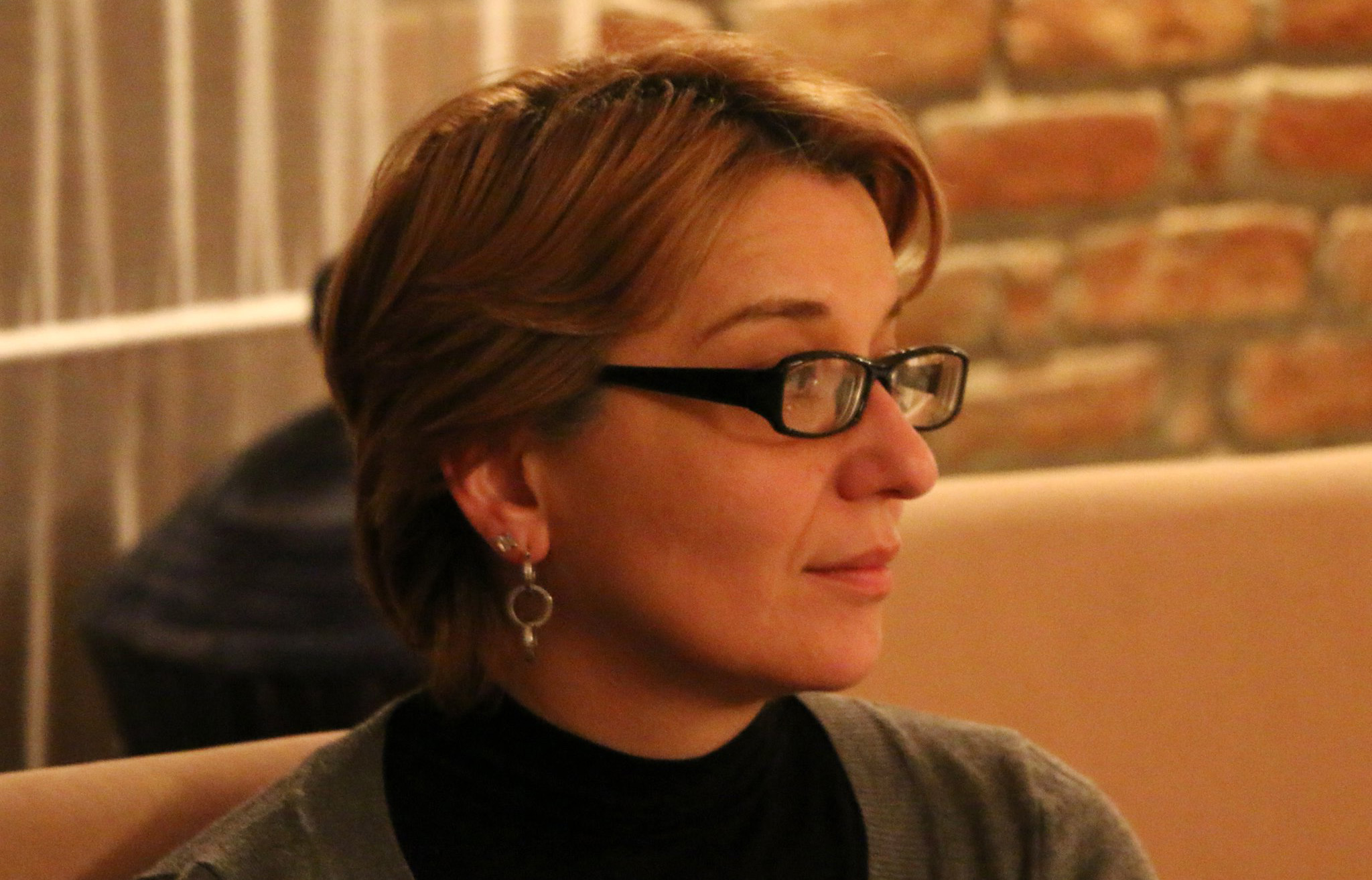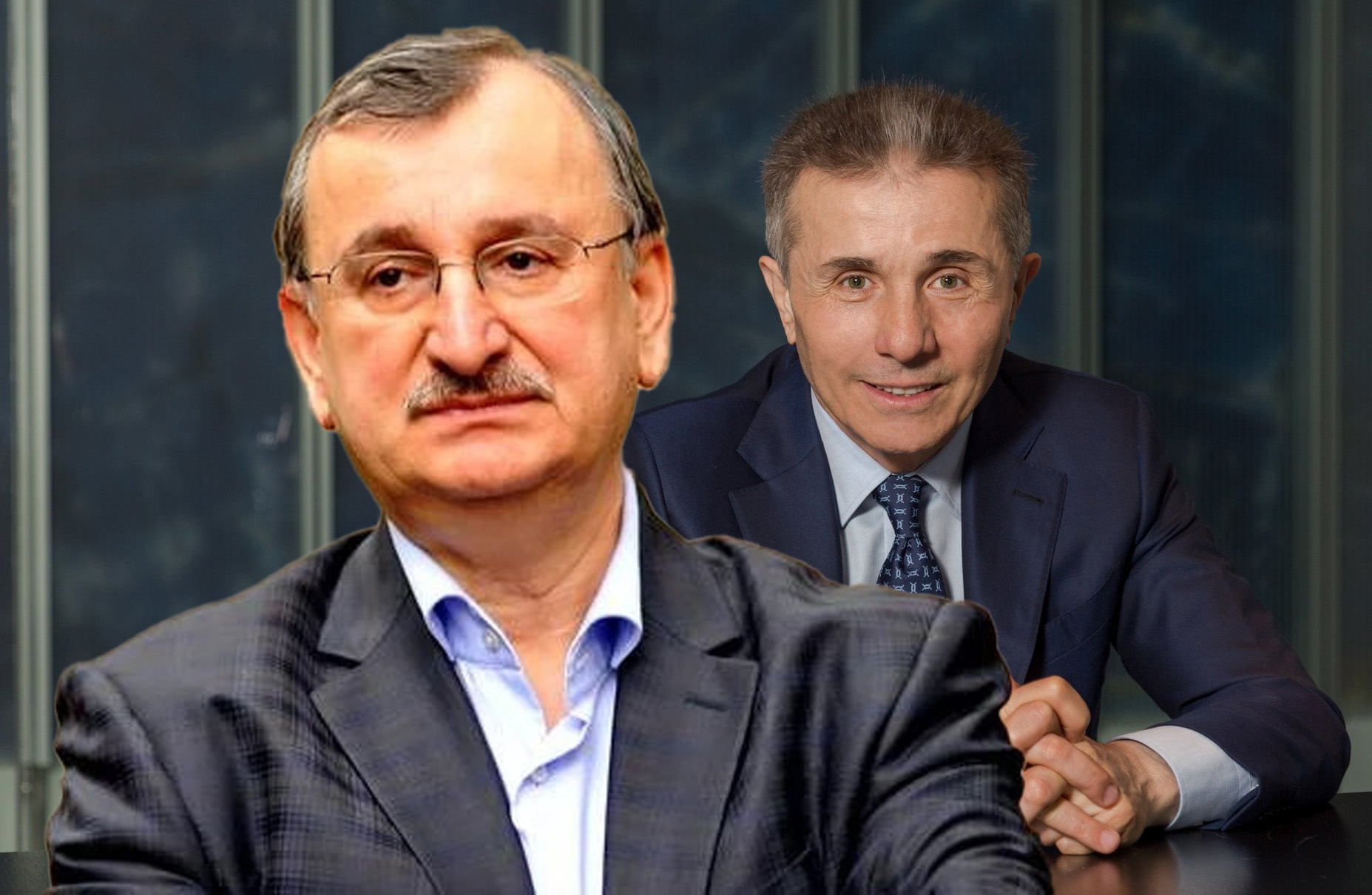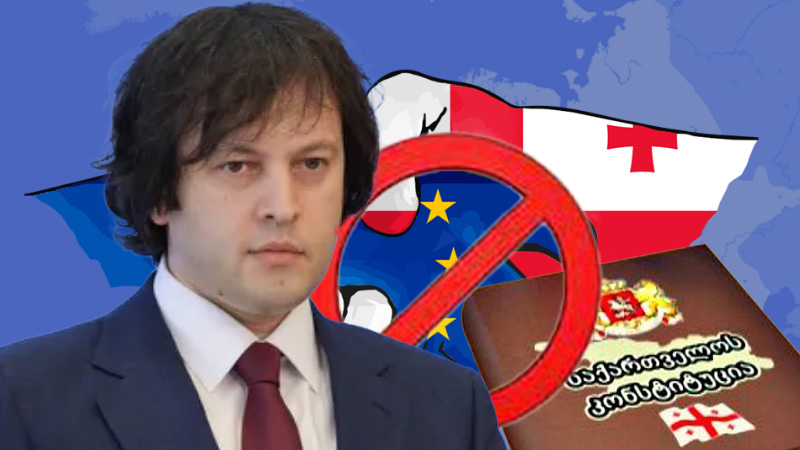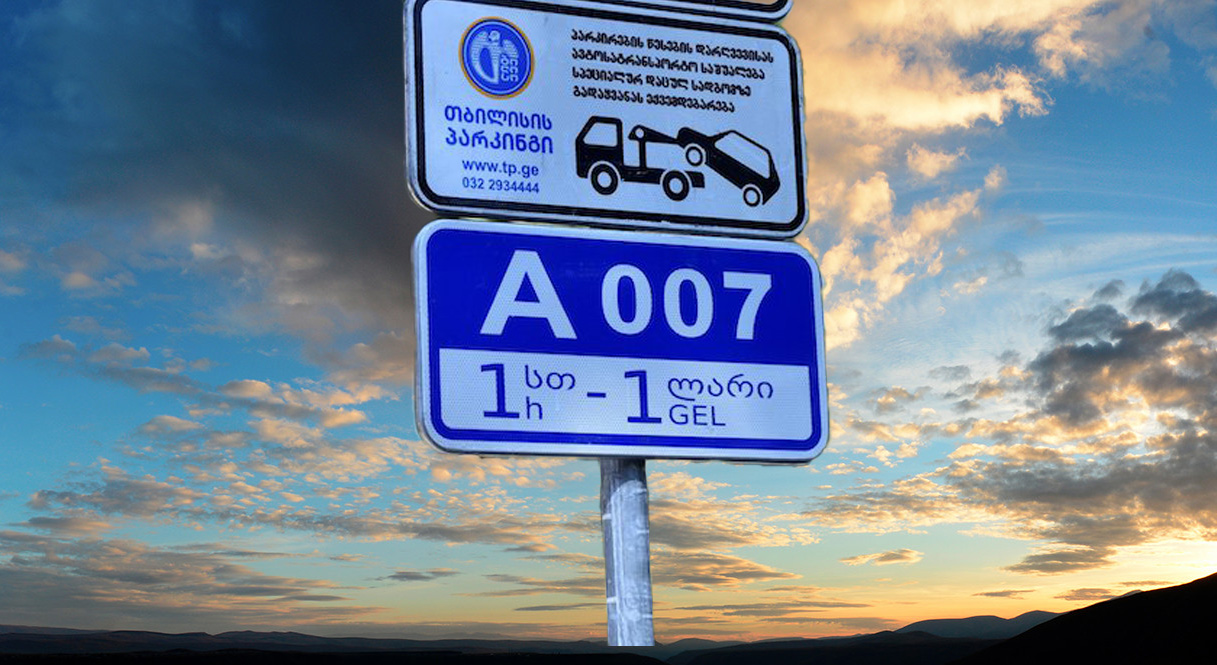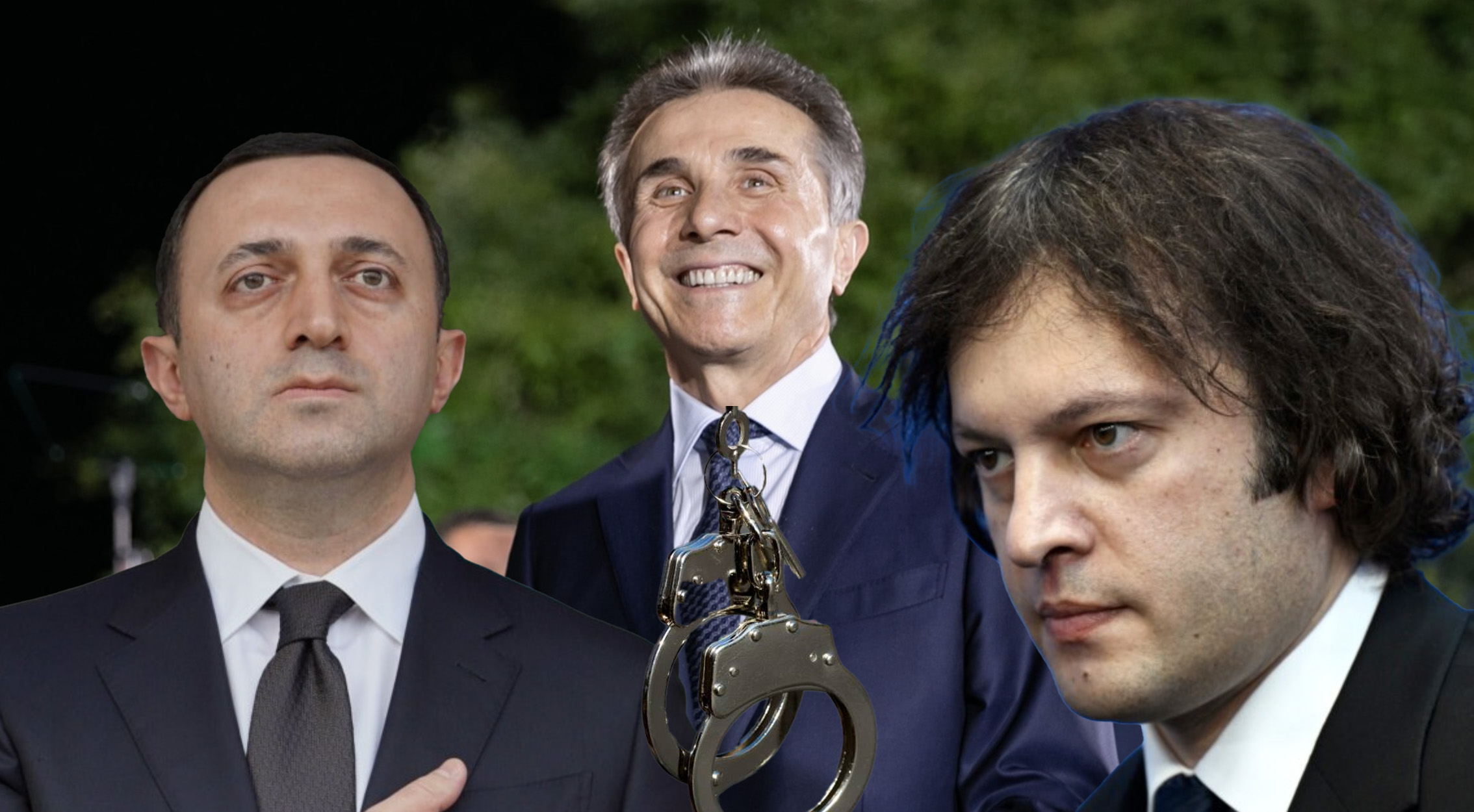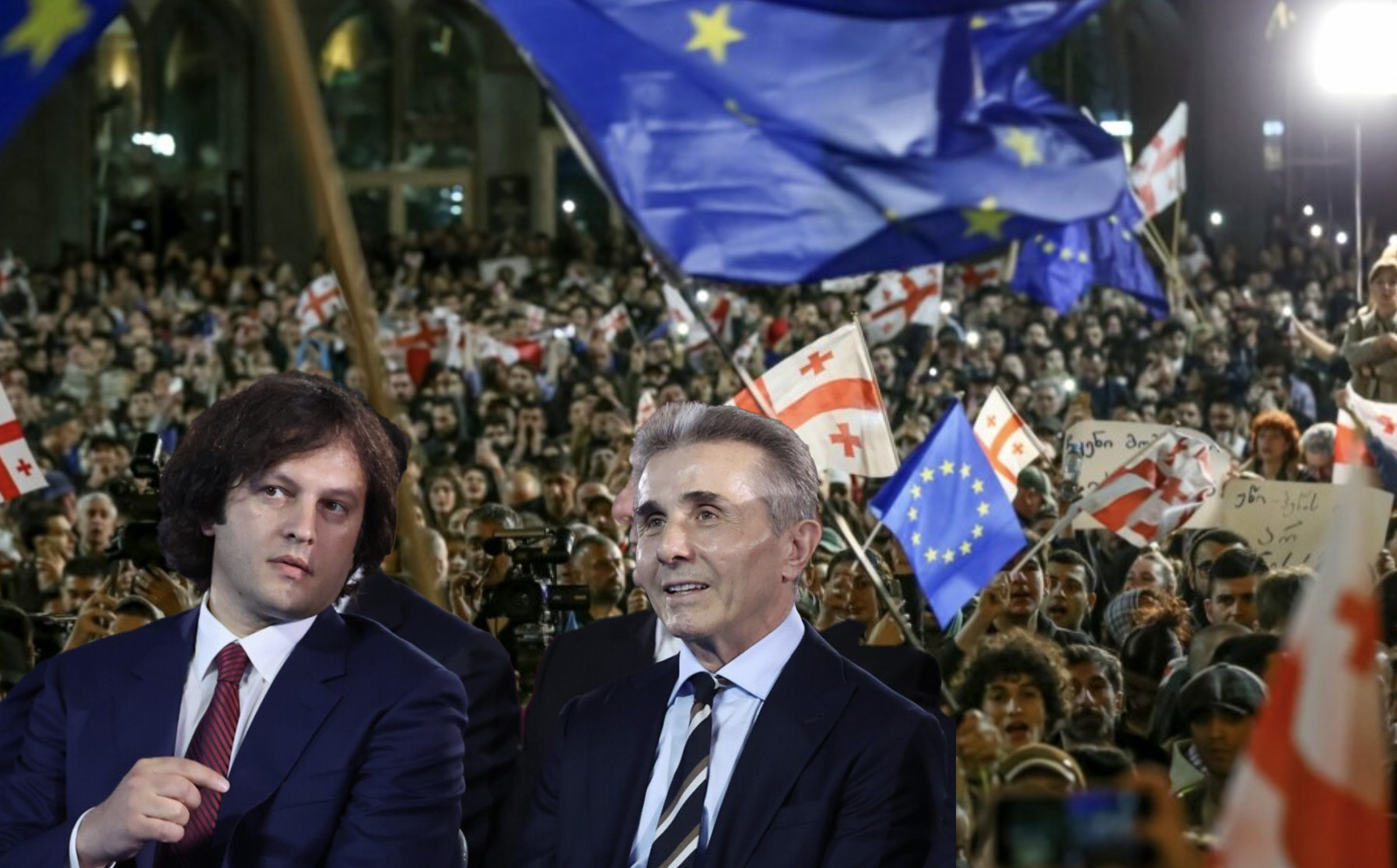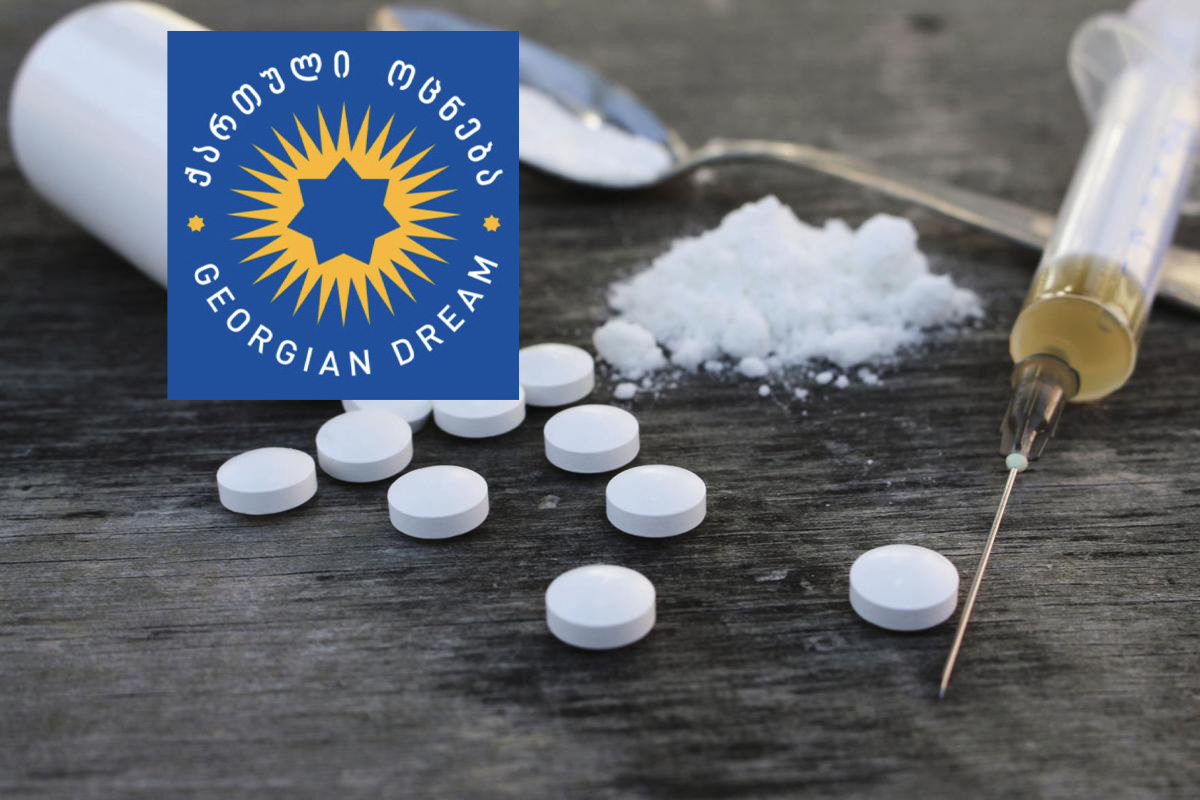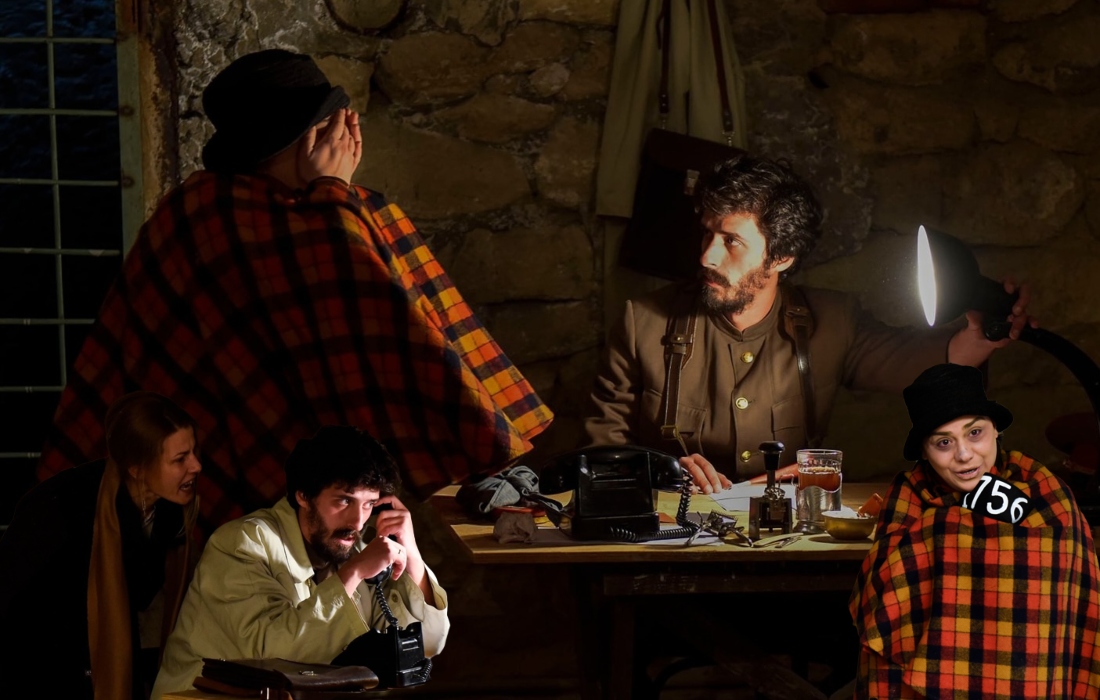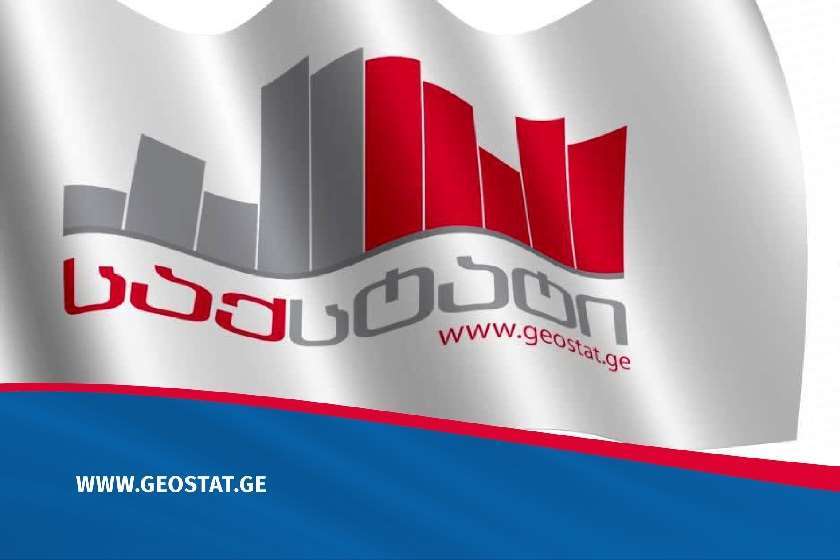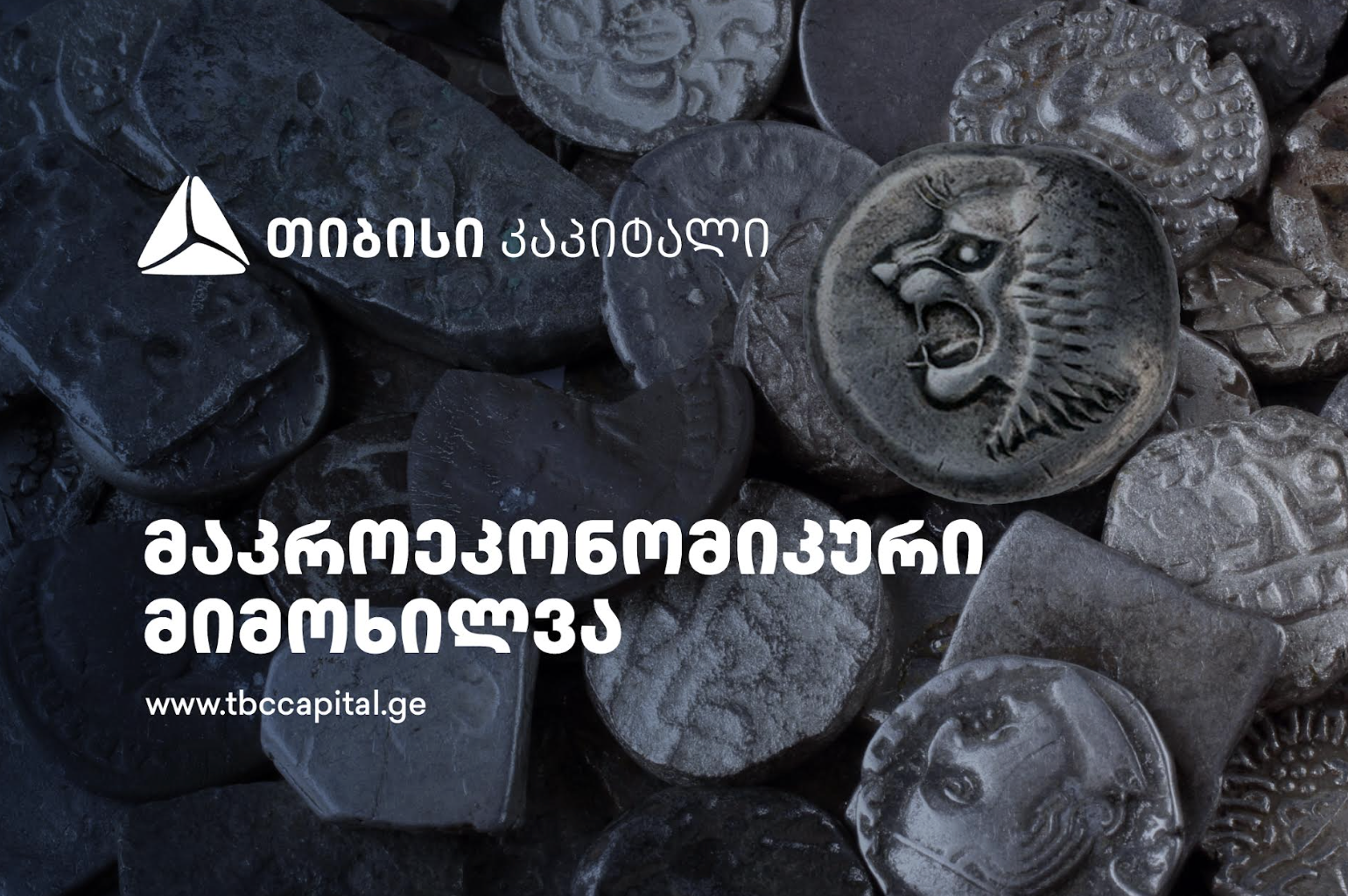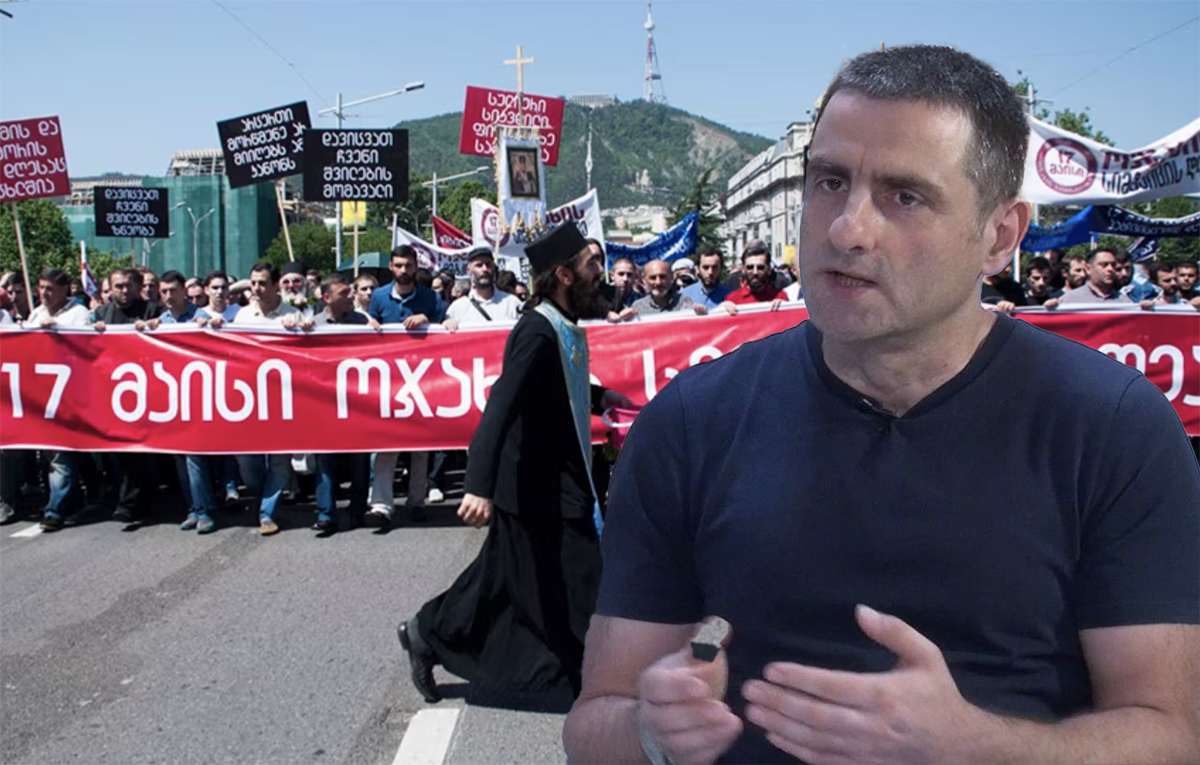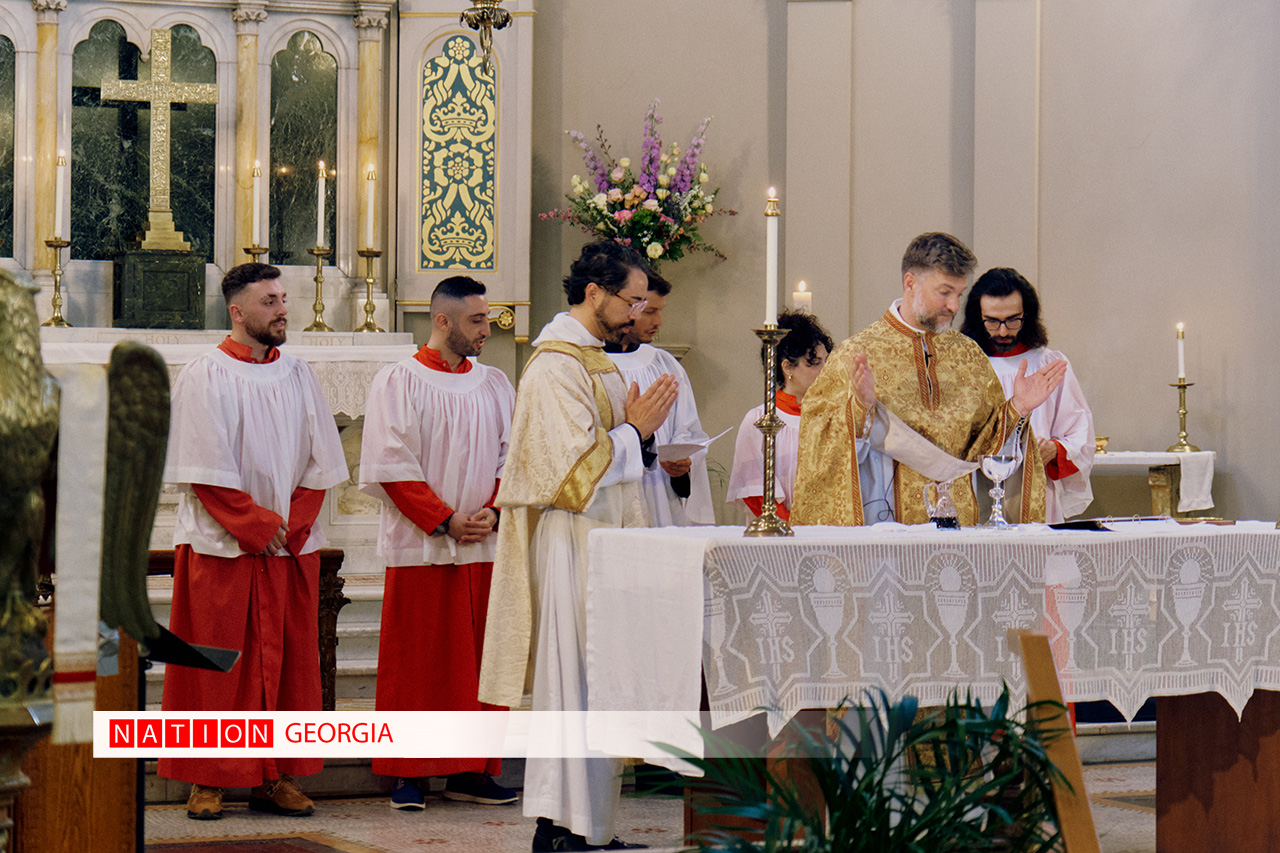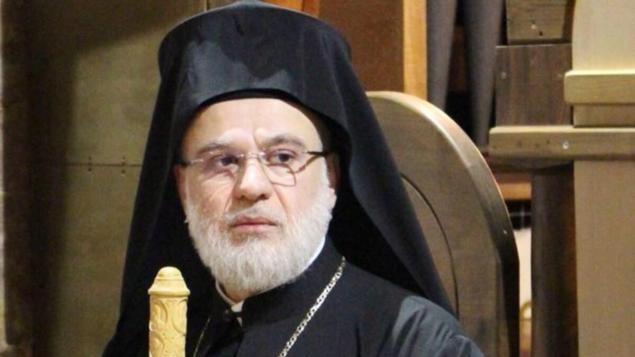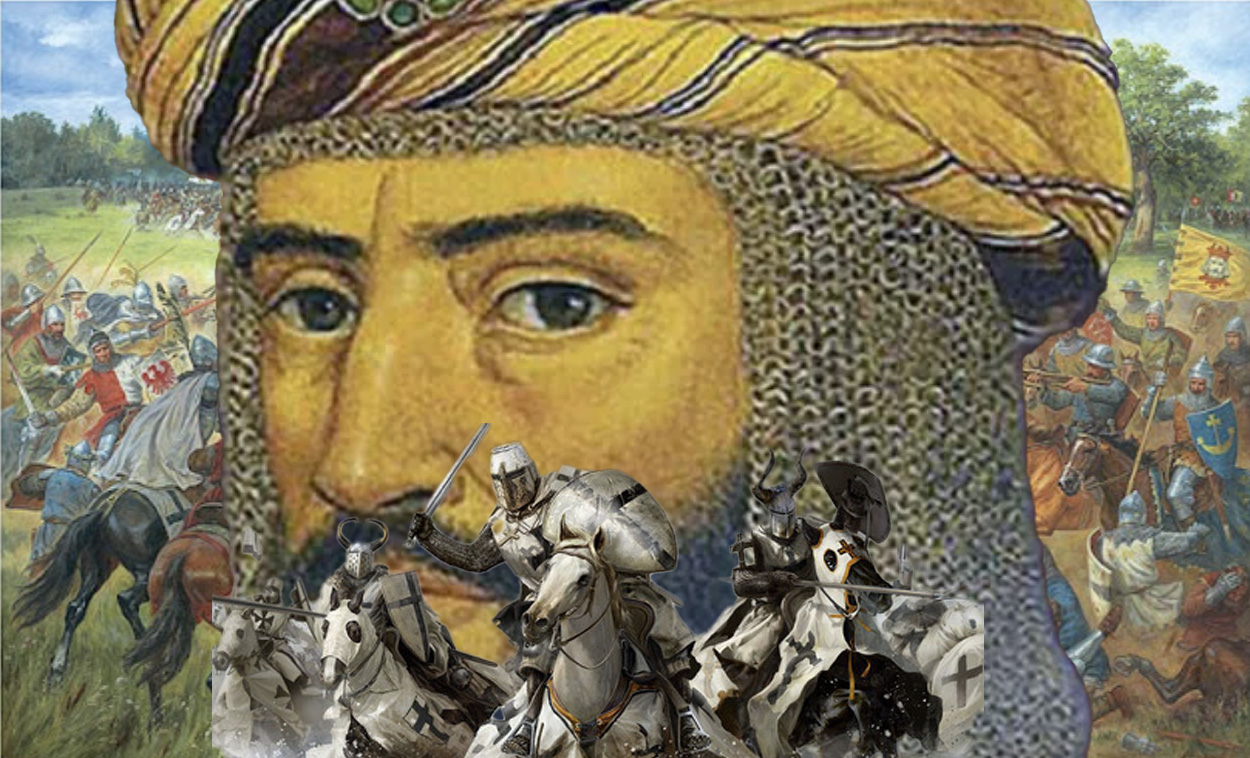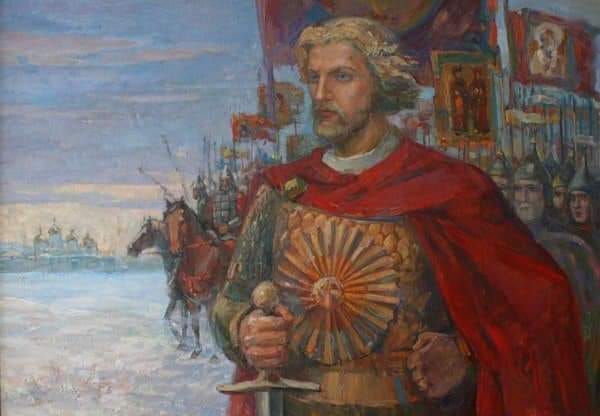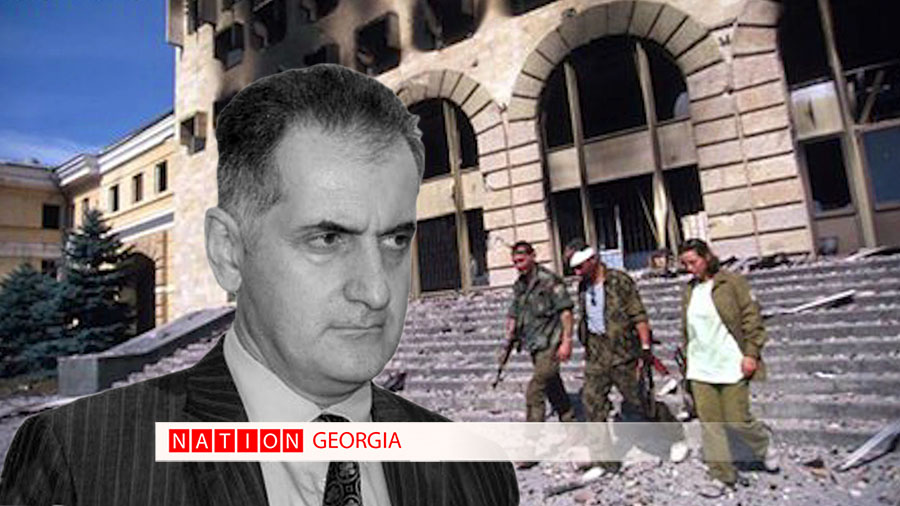
West has overestimated Russia for too long, Georgian politician warns
27.11.2025 ნახვები: 128
This was stated in a comment to Ukrinform by Sergi Kapanadze, a professor at Ilia State University, head of the GRASS analytical center, former deputy speaker of the Georgian Parliament, and former Deputy Minister of Foreign Affairs of Georgia.
“I think the Western mistake was that it didn’t take Russia seriously. They gave too much credit to Russia being civilized. And so, they failed in Georgia. But at least in Georgia they stopped the war after five days. And I am grateful for that, because their engagement stopped the Russian invasion. Because Russia could have occupied the rest of the country,” Kapanadze said.
He emphasized that even if the West had reacted more firmly to Russia’s attack on Georgia, Russia would still have eventually attacked Ukraine.
“They would have attacked Ukraine anyway. It’s just that you and the West would have been more prepared,” he noted.
Kapanadze recalled that after 2008, when he worked in diplomacy, Georgians warned their European friends that Crimea would be Russia’s next target.
“And the reason we were saying this was not because we were inventing the future — it was because it was very clear that Russia saw the biggest vulnerability probably in Crimea. But the response we always got was: ‘Oh, you crazy Georgians. You’re inventing this. It’s not true. You have post-war trauma’,” Kapanadze bitterly remembered.
He noted that although Western partners reacted too late after the attack on Ukraine, the situation has changed, and he hopes that support will continue and be strengthened, “because there is no chance Russia can compete with the civilized world.”
“And also, I do not believe Russia is going to win this war in Ukraine. And as soon as Russia fails to win the war in Ukraine, as soon as Russia loses, the narrative they are now building — that Russia is invincible, so we should do everything not to be occupied by Russia — will collapse,” Kapanadze said.
He also criticized the authorities in his own country, which use fear of war to justify suppressing democracy and civil society.
“In Georgia, we have a regime that has decided to use this for their own political purposes,” the analyst emphasized.
Read also: Kallas outlines security guarantees EU can provide to Ukraine after warAt the same time, he is convinced that the situation will change despite current attempts to alter the identity of the Georgian people, because Georgia has never been under Russia’s boot permanently.
“It is simply not going to be successful. It might be successful for a certain period of time because of oppression, use of force, propaganda, weaponization of poverty, but it does not have long-term perspective,” Kapanadze said confidently.
As reported by Ukrinform, Georgia was not invited to the EU enlargement forum held on November 18 in Brussels. It was stated that the country was increasingly drifting away from the European Union.
The Georgian Foreign Ministry, in turn, accused Ukraine of allegedly showing negative attitudes during the process and obstructing the country from obtaining EU candidate status in 2022–2023.
Photo: Olga Tanasiichuk





